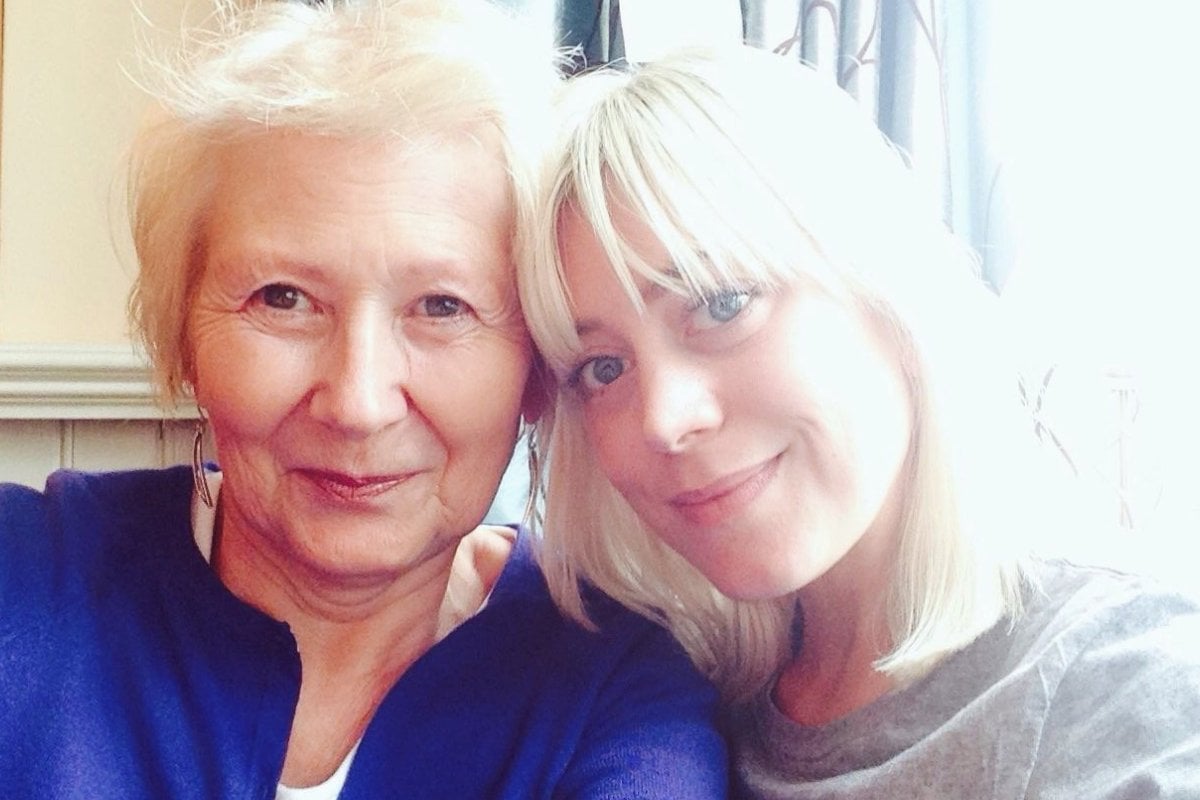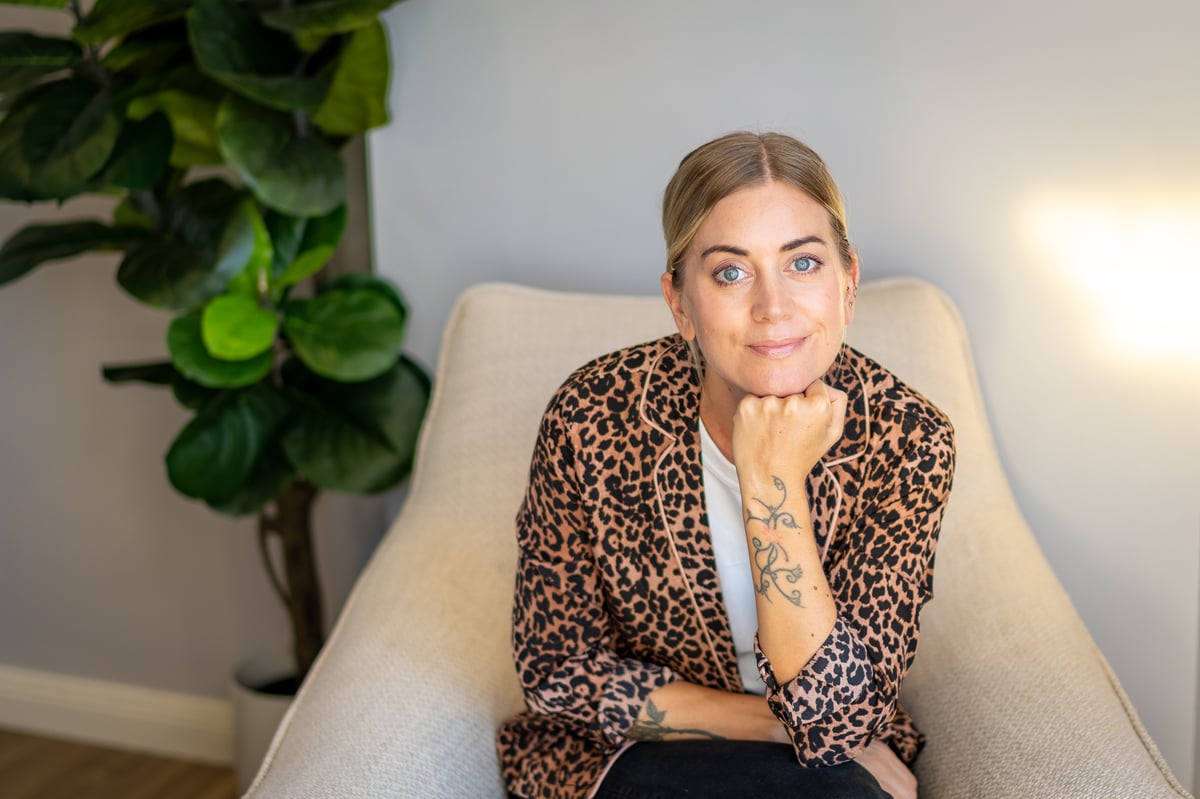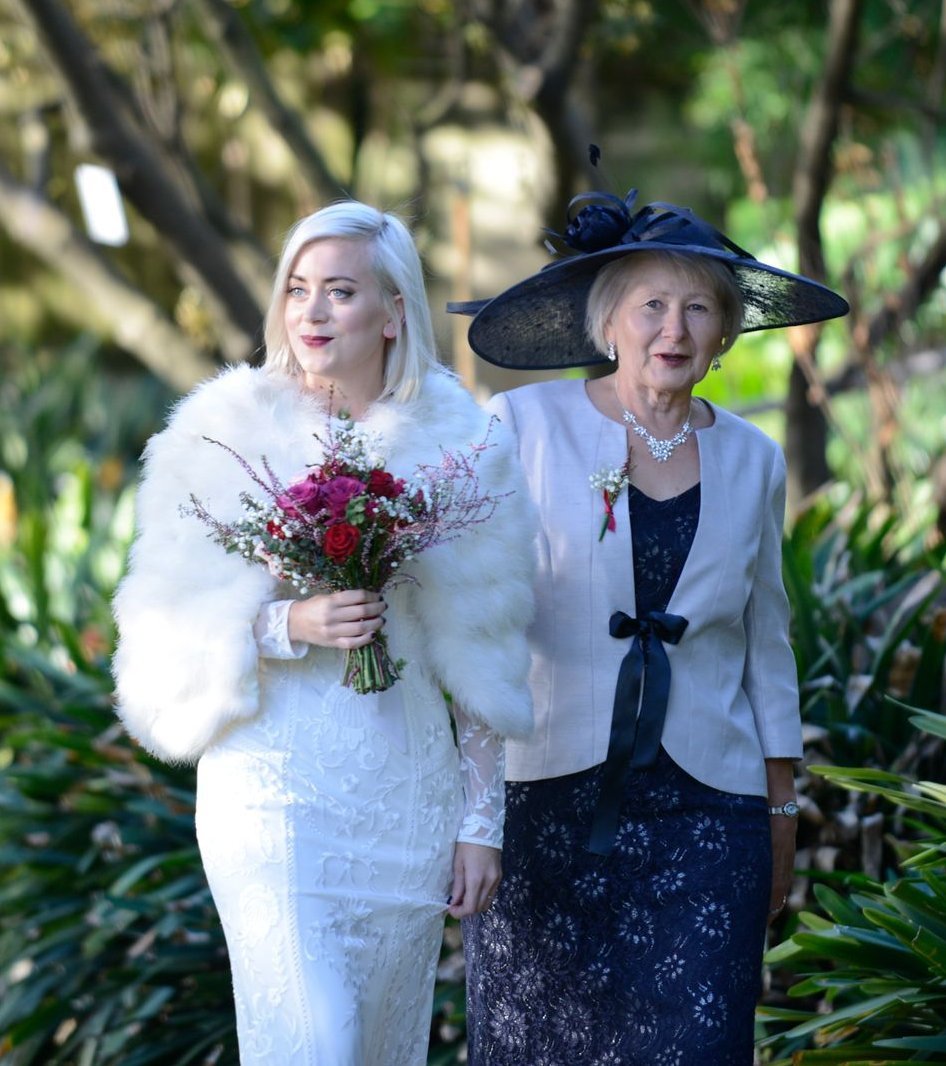
It's Saturday morning, three months after my mum died suddenly. I've got up after a 10-hour sleep, feeling like I've been on an all-night bender. I drag myself from the bedroom to the couch, where I lay wrapped in a blanket all day, watching TV.
It's more than feeling tired; it's a constant, unshakeable exhaustion that keeps me pinned to the sofa. 'Why am I so exhausted?' I type into Google. Is it my cycle? Or is it the product of a big week at work?
It was my grief.
People assume that grief is just sadness, but it’s also incredibly physical. And it’s not just after a death loss that we can feel grief, either. We grieve things like a loss of freedom (hello, 2020), redundancy, changes to health, or a relationship ending.
 Good Mourning co-founder Sally Douglas. Supplied.
Good Mourning co-founder Sally Douglas. Supplied.



Top Comments